Although artificial intelligence has become a household name, it is not a new concept. The journey of modern artificial intelligence started in 1956, but it took decades of work to make it a technological reality. We interact with some form of artificial intelligence daily.
Artificial technologies have disrupted all the business processes in every industry. As AI technologies grow, they are becoming imperative for businesses that want to rank high on the competitive edge.
Definition of Artificial Intelligence
Before we examine how AI technologies are changing the business world, we need to define and understand the term.
Artificial Intelligence refers to any software that can perform human-like activities. Such tasks are; making conversation, learning, solving problems, planning, organization, and in-depth data analysis.
AI technology is disrupting many industries, and employees are concerned about losing their jobs to machines. To better understand AI, we shall dig deeper.
Types of Artificial Intelligence
Types of artificial intelligence vary with the sector it is applied. Each plays a crucial role in enhancing the running of a business. The following are types of AI:
- Computer Vision
- Robotics Process Automation
- Deep Learning
- Speech Recognition/Natural Processing Language (NLS)
- Machine Learning
● Computer Vision
Computer vision is a form of AI that enables computer programs to analyze, interpret, and visualize pictures. Due to the increased use of photos to promote online businesses, Google has improved its computer vision to help analyze photographs.
In the transport sector, computer vision is applied in tracking vehicles that flaunt traffic rules.
● Robotics Process Automation
Here, robots are designed to do tasks that administrative employees would mainly do in a typical working environment. This allows staff to focus on more valuable activities. Bots can detect fraud, collect data, monitor business activities, and even provide customer services.
● Deep Learning
This type of AI depends on sophisticated networks to make nonlinear reasoning. It is usually applied in highly complicated tech, for example, fraud detection in financial institutions.
Deep learning helps institutions such as banks to analyze a wide range of systems and quickly understand the ones exposed to cyber-attacks.
Self-drive cars apply deep learning to operate. The deep learning algorithms contextualize information picked by the car sensors like the distance of other objects, the speed at which the objects are moving, and a prediction of where they will be in 5-10 seconds.
All this information is used to help self-driving cars make the right decisions and stay on the road.
● Machine Learning
Machine learning helps intelligent robots to collect data and process it into valuable information. Also, algorithms that appear to progressively ‘learn’ get better at what they do the more they do it. Machine algorithms can hold too much data for the human ‘hand.’
Organizations with large amounts of data use machine learning to make it efficient to handle their operations. Lack of good data management slows down processes in the business. This form of artificial intelligence has become very popular among various organizations.
● Speech recognition
Speech recognition is applied in front office and customer services worldwide. Google Voice Search uses this artificial intelligence to provide the right search result for the user. Apple’s Siri also uses speech recognition.
Applications of artificial intelligence in business?
To speed up business operations to make maximum profits for your organization, artificial intelligence has proved to be the next big thing.
Companies, organizations, and institutions are training their teams on the uses and applications of artificial intelligence in business. It is not surprising AI has become pervasive, mobile applications, websites, and various software applications use artificial intelligence to improve customer experience.
Many organizations understand that technology without AI will not drive economic growth. This is the reason companies like Google, Facebook, and Apple employ AI in their operations. AI is not only helping large companies; small and medium-sized service companies like etsy geeks are maximizing the power of AI to scale their business. Integrating artificial intelligence in your business will scale your organization’s profits.
Application of AI include:
1. Predictive analytics
Companies survey markets through making predictive analytics one of the fast-rising fields. Instead of spending money blindly, enterprises are using data available online to help them understand and target consumers. Using artificial intelligence, businesses like buyWebtrafficExperts.com offer data-based campaigns that yield remarkably.
2. Customer Relationship Management (CRM)
With artificial intelligence, organizations require few employees to attend to customer inquiries. Chatbots are now on almost every organization’s website; they handle customer inquiries on time.
3. Data Management
Every organization relies on data to make critical business-related decisions. AI has made collecting, organizing, updating, and analyzing data easier and efficient. With this functionality, AI data systems can detect fraud, prevent cybersecurity threats, and improve their business operations.
4. Automating workloads
Automation enables mundane tasks to be automated. Companies are automating and outsourcing robots so that they can concentrate on what is useful and essential.
AI has changed how organizations operate. With useful CRM tools and automated bots, businesses have witnessed mega-profits.
What does artificial intelligence mean for a worker?
With all this breathtaking artificial intelligence technology comes the daunting question of whether machines will make human labor obsolete. Some experts deny that AI will automate so many jobs that many people will find themselves unemployed, while others see this as a pressing issue.
So, what is the future of business with Artificial Intelligence?
Research shows that a significant percentage of business organizations have integrated one or more AI capabilities into their business process.
The integration of AI into business is likely to increase in the coming years, given its promise for future enterprises.
A change is coming. We are probably going to experience one of the best job experiences in the coming years. How we conduct businesses will change. Employees will need to be retrained to handle AI components and machines.
I’m sure that many worries that AI is coming to replace humans. But it’s not. Instead, AI is coming to help us make more transparent and efficient decisions.
As a business person, AI will allow you to do what you are currently doing 10 or 100 times faster. It will help you become more accurate by reducing the probability of errors.
The future for AI applications in business is just unimaginable.
Wondering how AI will impact your business in the future? Here is how:
● Better tech to inform decision-making
Today, organizations are continuously investing in cognitive software capabilities. Although only a few companies have the cash to achieve greater capabilities, companies in the future are probably going to invest as much in the technology.
AI will allow for the development of powerful computer algorithms that will play an important role in businesses across industries in the future.
AI will be much proficient at analyzing and interpreting the enormous amount of data in much less time. This will give businesses the chance to build better and profitable campaigns. Faster collection and analysis of Big data will allow for better insights and decision-making processes.
We currently have AI applications that are offering automated decision-making capabilities, allowing for a more productive business. Such applications are making it easy for data management and customer relations.
● Recruitment
The hiring process is usually hectic. It is slow and consumes a lot of an organization’s resources. To make matters worse, some organizations end up hiring the wrong person for a position.
Wondering about the best way to hire? It would help if you did not worry anymore. In the coming years, Artificial Intelligence is expected to replace about 16% of HR jobs.
Integrating AI into your recruitment process could make it easier and quicker to identify the next bright-spark candidate for your business, therefore saving you money and time.
AI will not only help you in identifying the right candidate for your position, but also the best-fit person. AI will achieve this by quickly evaluating the candidate’s online presence and matching it with the ethos of your business.
Meanwhile, the AI-powered video interview platforms will use psychometric and biometric analysis to assess the candidates’ tone of voice and body language.
Why not continue with the old-fashioned way of hiring, which is as effective? I know that’s the question most people will ask. The old-fashioned hiring method is much slower and will give your adversaries the chance to snatch the best candidates in the market.
● Enhanced cyber security
Since the advent of the internet, the world has experienced some of the worst cyber-attacks. Such include the WannaCry Ransomware that infected around 300,000 computers across the globe.
AI has played an essential role in the identification and prevention of such threats in recent years. In the coming years, AI will be crucial in the surveillance of systems to help identify and prevent cyber-attacks. However, it is essential to understand that AI can be used by either side of a cyber-attack (that is, those looking to attack and those looking to defend).
Conclusion
It is important to remember that AI is not here to replace humans but to help make our lives easier. As business organizations, we need to appreciate the fact that AI is here to improve how we deal with our daily challenges.
AI has been much helpful in businesses, including enhancing customer relations, data management, and automating workloads. Today, we have AI in the form of robotics, doing the more complex tasks in a company, leaving humans to deal with the less tiring and manageable workloads.
AI is expected to enhance the business experiences in the future by improving cybersecurity, allowing for informed decision-making, and in the recruitment process, among others.

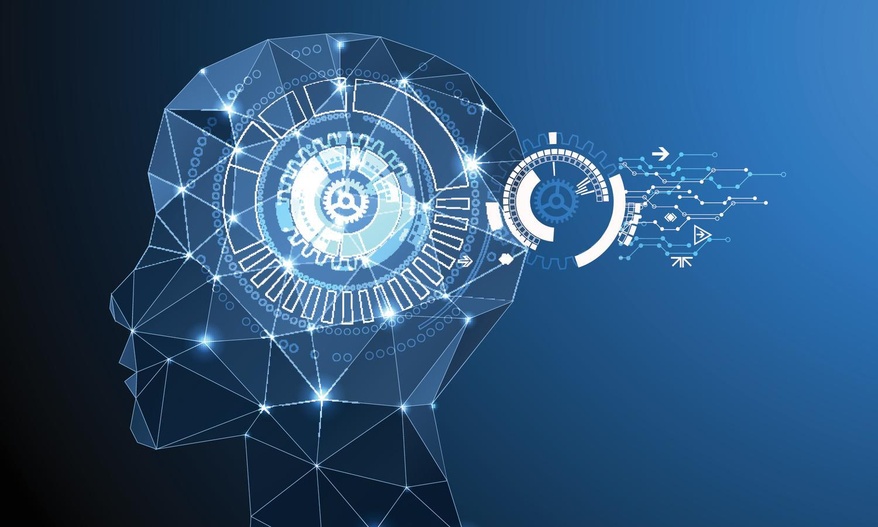
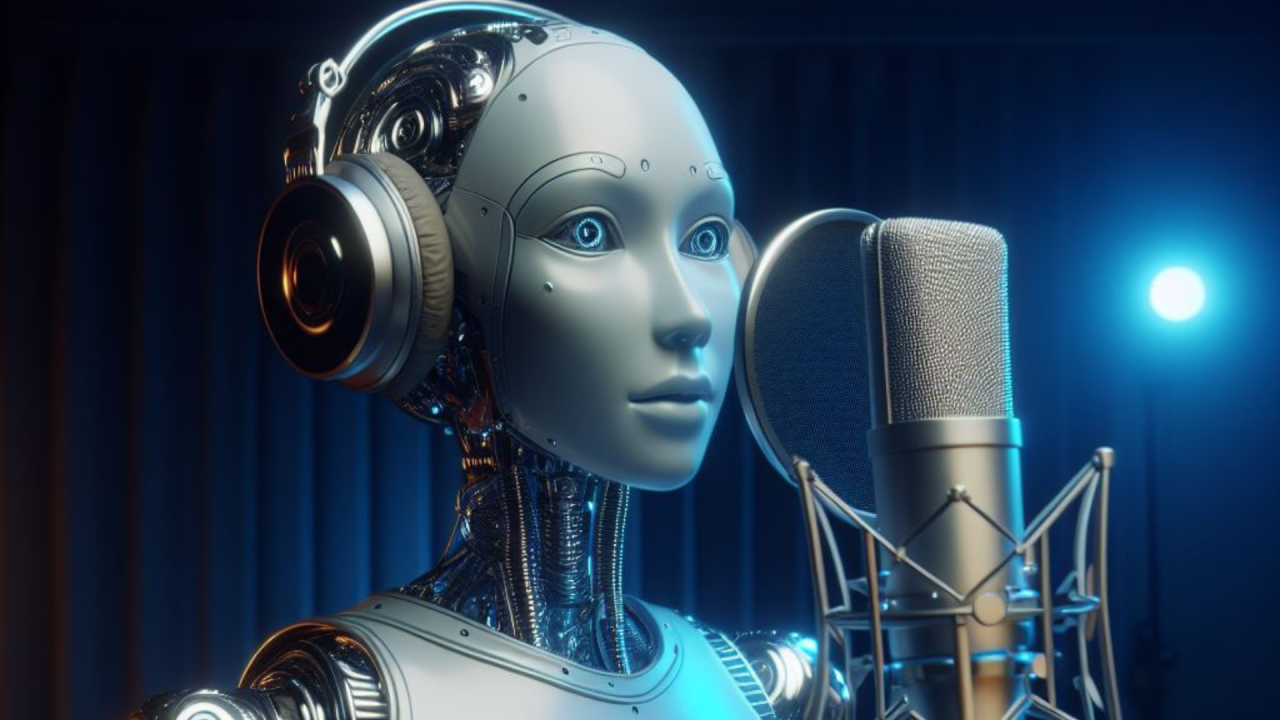
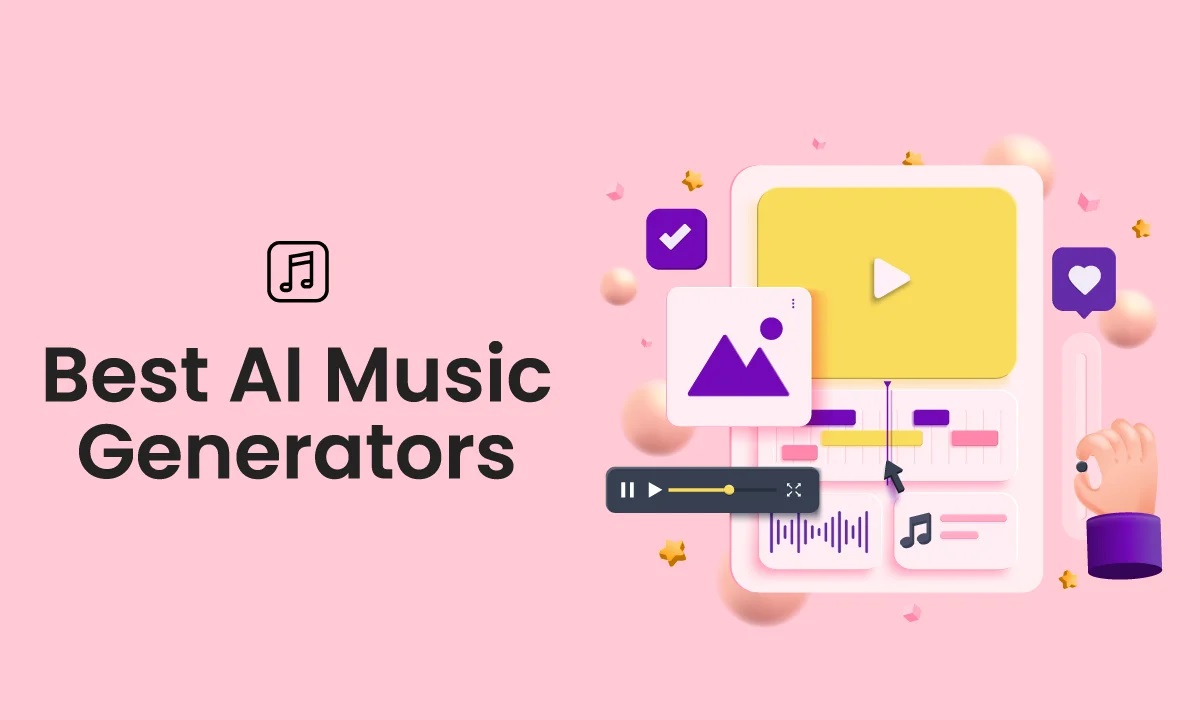
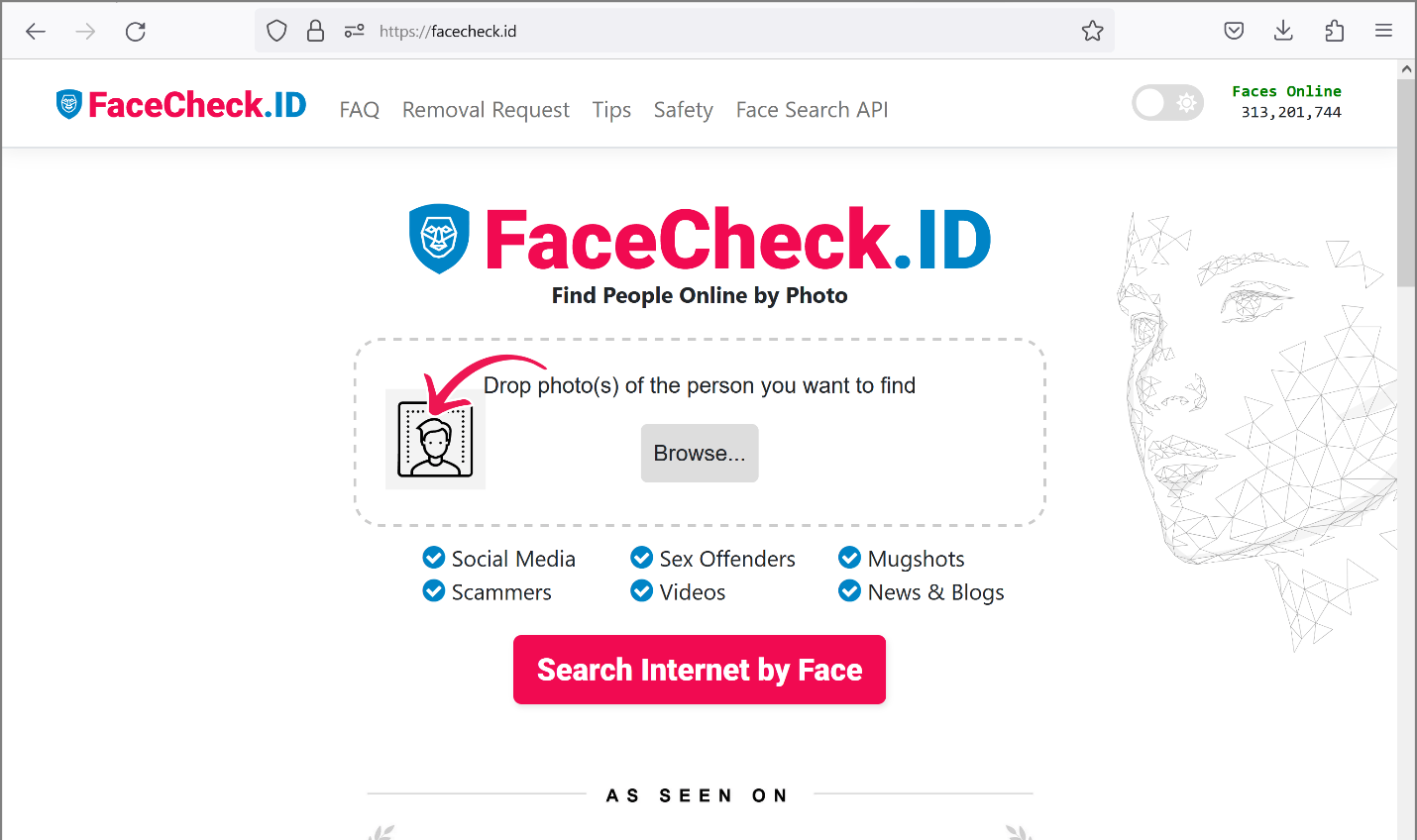


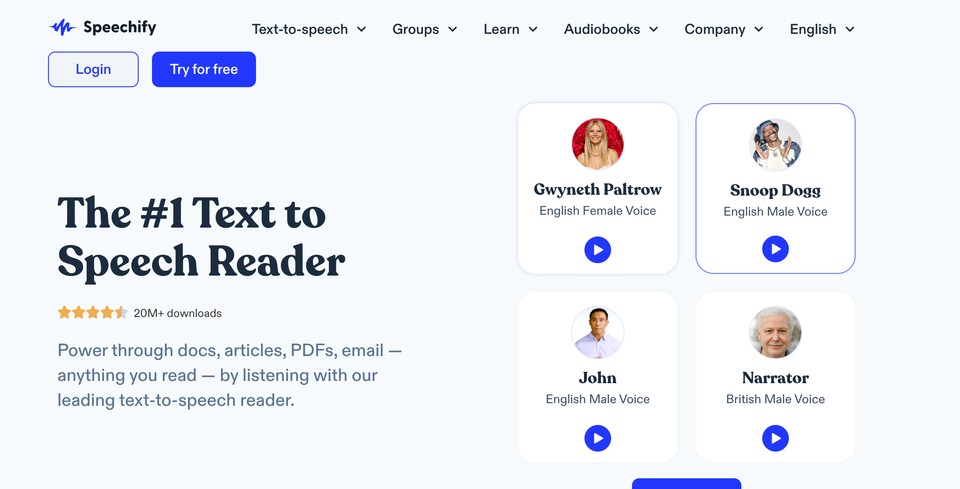
Add Comment